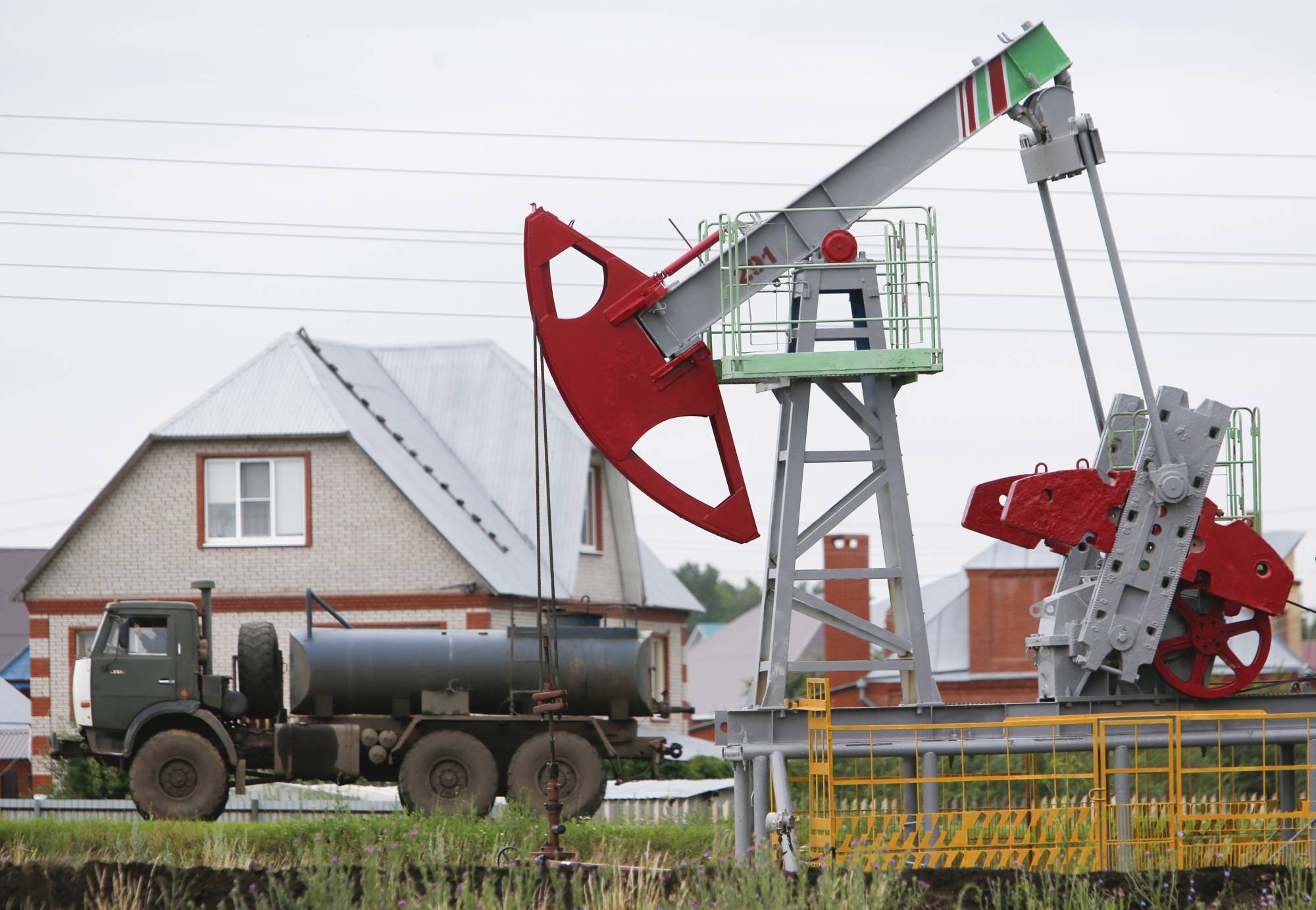The inflation that is gripping many countries of the world is hurting both peoples and their governments. Many different explanations are being advanced by economists and financial experts for the sudden massive surge in the price not just of fuel, but also food and most other products.
And needless to say, as is usually the way with different schools of economic thought, many of their hypotheses disagree sharply with each other.
There is first of all, the classic monetarist theory that inflation comes from too much money swilling around, and that those countries whose central banks pumped too much cash into their economies during the recent pandemic slowdown, mostly through so-called quantitative easing, are being hit by inflation the hardest. Look at Japan, this group says, or at Switzerland with 2.8% inflation against Britain's near 10%. Doesn’t this prove that tight financial discipline always wins out?


















With your current subscription plan you can comment on stories. However, before writing your first comment, please create a display name in the Profile section of your subscriber account page.